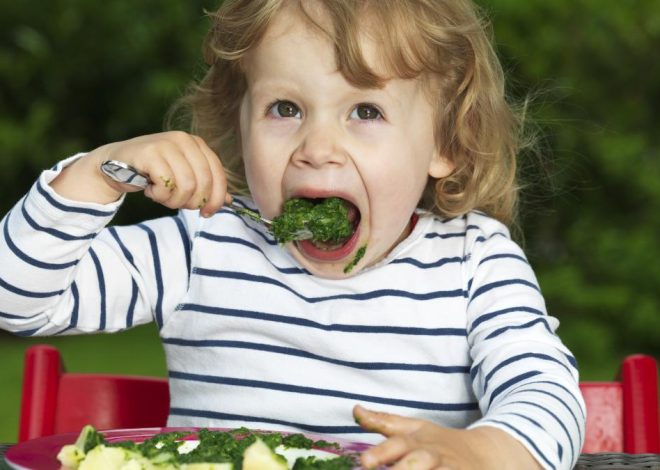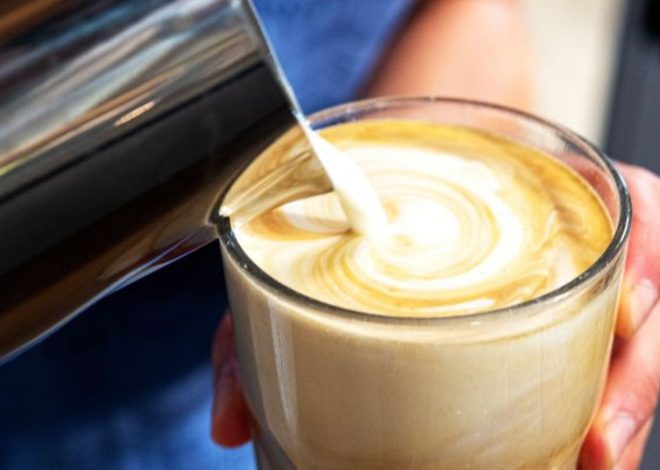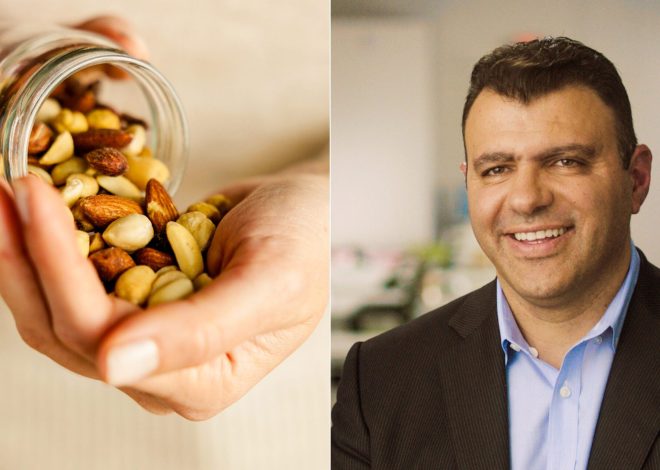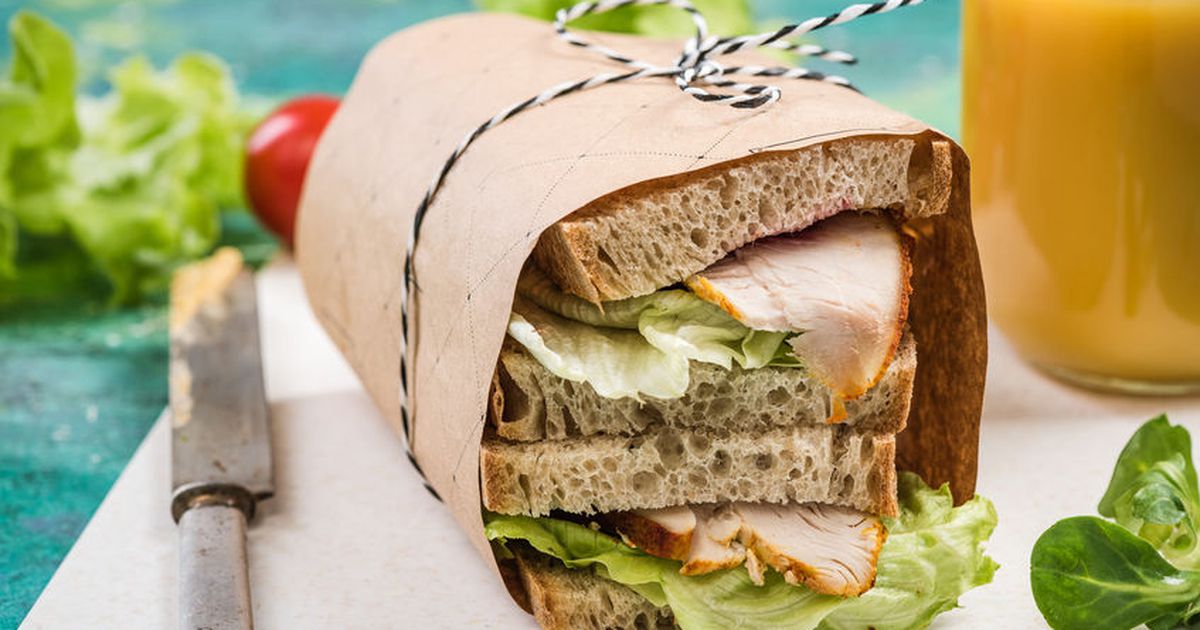
Healthy eating in the office, home office and on the construction site
What should I eat today? In the stressful working day, healthy eating is often neglected. Nutritionist Carmen Brenn knows cheap, delicious and quick alternatives to chips, pizza, kebabs and the like.
Leberkäse rolls, kebabs or pizza to go. You can eat fruit and vegetables free for years, but at some point your body will take revenge. Carmen Brenn is Nutritionist and in the Corporate Health Promotion Department of IKK classicShe knows how employers in the skilled trades can make healthy snacks appealing to their employees during breaks. And why it is also worthwhile for the company.
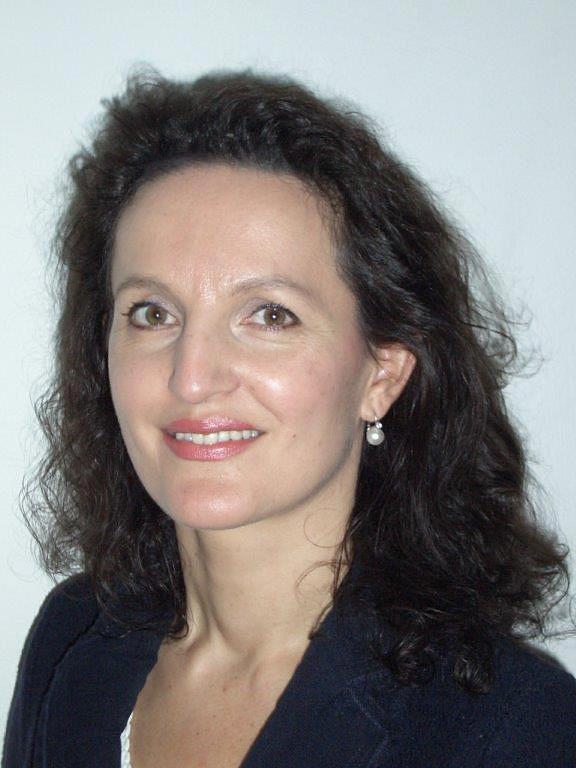 Carmen Brenn, IKK classic
Carmen Brenn, IKK classic
DHB: What is the current trend in the craft sector? Going to the chip shop or kebab shop for lunch – is that still popular?
Carmen Brennen: There is no general trend. It also depends on the local options. Craftsmen who are often out and about in the field often take something with them from home. Kebab shops are also popular. Or there are Leberkäswecken from the butcher, known in the south as LKW. This is simply a bread roll with a thick slice of Leberkäse on it. On the other hand, I also experience a great deal of openness; some employees even change their habits after years and, for example, include more fruit and vegetables in their diet. Whether this works in the company also depends on the bosses.
DHB: Should bosses in the trades be concerned about the nutrition of their employees? And can they even get involved in the issue?
Burn: Bosses actually have a big influence on nutrition. They can raise awareness of this by setting an example, taking care of people and placing value on health.
DHB: And what exactly can employers do?
Burn: You can put out fruit baskets or just apples, offer cut vegetables, provide free water or donate cool bags for the mechanics’ vehicles. You can also look for providers and suppliers for on-site catering. In the training courses on occupational health management, I never get the feeling that employees feel patronized by such things. On the contrary, colleagues talk openly about the topic and contribute their ideas.
DHB: Do you notice differences between younger and older employees?
Burn: I see more of a difference between town and country. In town, young people are much more conscious about their health than in the country. Older employees naturally notice at some point that decades of poor nutrition will take its toll in their late 30s or mid 40s. Then they become overweight, get more frequent infections and have other problems. But the good thing is: those who change their diet usually see results quickly.
DHB: Do craftsmen take any time for breaks or do they tend to eat their bread on the go?
Burn: Eating between meals is not an issue in the trades, as everyone needs their hands to work. The problem is that breakfast is often skipped if you have early appointments. But breakfast is important, as your energy reserves are empty in the morning.
DHB: What is important for a healthy diet? What are the most important basic rules?
Burn: There are many, and sometimes contradictory, theories about this. The aim is always to provide the body with everything it needs. 50 nutrients are necessary for optimal nutrition. If these are regularly on the menu, you are on the safe side. I am a fan of the plate rule. This states that half of the plate should consist of fresh things like vegetables, salad or fruit. A quarter of the plate should be grains like bread, rice, potatoes, pasta or bulgur. The last quarter is protein. So meat, fish, cheese, quark or tofu. It is sensible not only to put butter and cheese or ham on the bread roll, but also lettuce, cucumber, tomato and maybe radishes, which then gives the same composition. Three regular main meals are also important. Children need snacks, but adults don’t really need them.
DHB: Do you have any tips for delicious and healthy snacks?
Burn: Many lunch boxes are missing fruit and vegetables. I often hear the argument that there is no time to chop everything up in the morning. But most of it can be prepared well in advance and stored in airtight containers in the fridge. Then you just have to take the chopped carrots out of the container in the morning. Another alternative is to cook a little extra pasta, rice or potatoes and then use the rest to make a delicious salad for on the go with pieces of vegetables such as radishes, cucumber or chives. Of course, the preparation takes a little time, but you get used to it.
DHB: Which nutritional trends are well received in the trades?
Burn: Trends such as low carb, Palio or superfood are of course well known, but these are only tried out in the short term. Craftsmen are usually down-to-earth and the food has to taste good. Personal taste develops over years. But it can also be retrained by integrating new dishes into the personal standard program. Everyone should simply dare to try something new. This often only happens in small steps. The employer can provide impetus here.
DHB: What are alternatives to the kebab shop?
Burn: In every ordinary supermarket, as well as in many bakeries and butchers, you can now find all the necessary ingredients for a healthy lunchtime snack. Even chopped fruit and vegetables and ready-made salads.
DHB: Drinking water is often forgotten in the stressful working day. What is the result?
Burn: If we don’t drink enough water, our brain reacts. We get headaches. That’s why water should always be within reach. There are even apps that remind you to drink your next glass of water via push notification. The rule of thumb is 35 milliliters per kilogram of body weight per day, but at least two liters.
DHB: Does nutritional advice have a concrete impact on sick leave?
Burn: Yes, this can reduce the number of sick days. But it doesn’t happen overnight. However, if you consistently eat healthier, you strengthen your immune system and can reduce infections because your body is simply fitter overall. Many people also lose weight by changing their diet or don’t become overweight in the first place. This can help avoid side effects such as cardiovascular disease or back and joint problems.
The interview was conducted by Kirsten Freund
BGM stands for “corporate health management”. Essentially, it’s about employers creating healthy workplaces for their employees and encouraging them to behave in a healthy way. Health insurance companies like IKK classic, for example, help companies to implement such a BGM on-site free of charge. This is a holistic concept and offers analyses and training on topics such as healthy nutrition, psychological stress and work-related physical stress. Investing in health is also financially worthwhile for companies and employees: IKK classic, for example, supports participating companies with 500 euros, and IKK-insured employees receive a 150 euro bonus.

Ethel Purdy – Medical Blogger & Pharmacist
Bridging the world of wellness and science, Ethel Purdy is a professional voice in healthcare with a passion for sharing knowledge. At 36, she stands at the confluence of medical expertise and the written word, holding a pharmacy degree acquired under the rigorous education systems of Germany and Estonia.
Her pursuit of medicine was fueled by a desire to understand the intricacies of human health and to contribute to the community’s understanding of it. Transitioning seamlessly into the realm of blogging, Ethel has found a platform to demystify complex medical concepts for the everyday reader.
Ethel’s commitment to the world of medicine extends beyond her professional life into a personal commitment to health and wellness. Her hobbies reflect this dedication, often involving research on the latest medical advances, participating in wellness communities, and exploring the vast and varied dimensions of health.
Join Ethel as she distills her pharmaceutical knowledge into accessible wisdom, fostering an environment where science meets lifestyle and everyone is invited to learn. Whether you’re looking for insights into the latest health trends or trustworthy medical advice, Ethel’s blog is your gateway to the nexus of healthcare and daily living.

